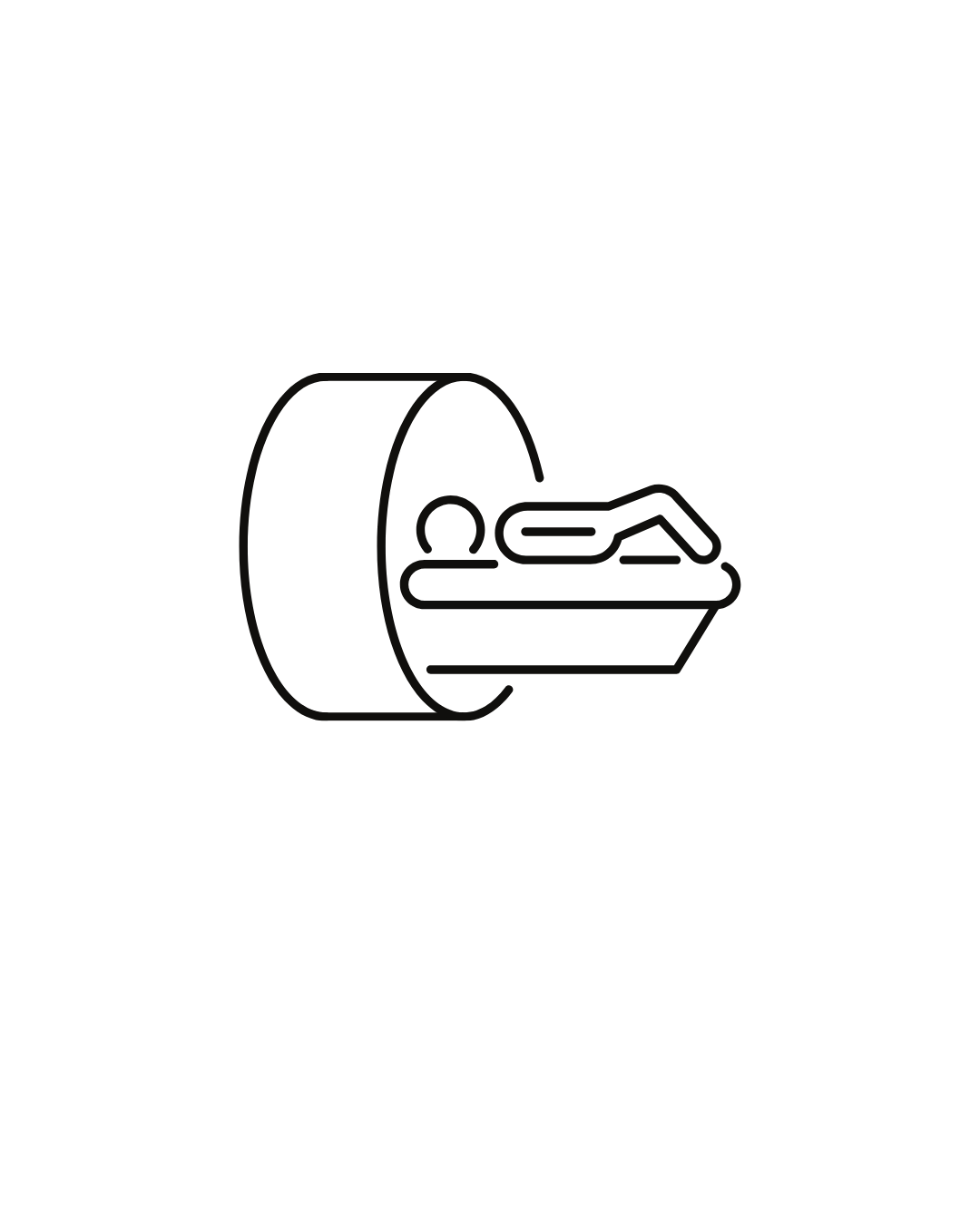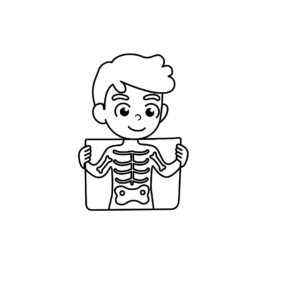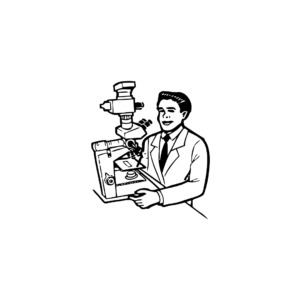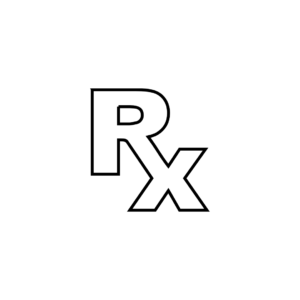Description
Overview of Certificate Course in CT Scan Technician
The Certificate Course in CT Scan Technology focuses on the principles, techniques, and applications of Computed Tomography (CT) scanning. This program is designed to equip students with the knowledge and skills required to operate CT scanning equipment, perform accurate imaging procedures, and ensure patient safety. Graduates will be prepared to work in various healthcare settings, contributing to the diagnostic imaging field.
Core Areas of Study in the CT Scan Technician Certificate Course
Introduction to Computed Tomography
Overview of CT technology, its history, principles of operation, and the significance of CT imaging in modern medicine.
Anatomy and Physiology
Study of human anatomy relevant to CT imaging, including major organ systems and anatomical landmarks.
CT Imaging Techniques
In-depth understanding of CT scanning procedures, including image acquisition, patient positioning, and specific protocols for various types of scans (e.g., brain, abdomen, thorax).
Radiation Physics and Safety
Basics of radiation physics in CT, knowledge of dose management, and implementation of safety protocols to protect patients and staff from radiation exposure.
Patient Care and Communication
Skills for effectively communicating with patients, explaining procedures, managing patient comfort, and addressing concerns before and during scans.
Image Quality and Interpretation
Techniques for evaluating image quality, understanding common artifacts, and recognizing the importance of obtaining diagnostic images.
Equipment Operation and Maintenance
Hands-on training in operating CT scanners, troubleshooting common issues, and understanding routine maintenance practices.
Legal and Ethical Considerations
Overview of legal and ethical considerations in the healthcare field, including patient confidentiality and informed consent related to imaging procedures.
Curriculum Structure
A typical Certificate Course in CT Scan Technician may include:
Core Courses: Subjects focusing on CT imaging, anatomy, patient care, and safety protocols.
Laboratory Practice: Hands-on sessions where students practice operating CT scanners and performing imaging techniques.
Clinical Training: Opportunities for practical experience in healthcare settings where students can observe and participate in CT imaging under supervision.
Admission Requirements
Admission to a Certificate Course in CT Scan Technology typically requires:
A high school diploma or equivalent, ideally with a background in science subjects.
Completion of a foundational course in radiology or a similar program may be helpful, but not always mandatory.
Some institutions may require an interview or assessment for entry into the program.
Skills Developed in the CT Scan Technician Certificate Course
Graduates of the Certificate Course in CT Scan Technology will develop essential skills, including:
Technical Proficiency: Competence in operating CT equipment and performing imaging procedures accurately.
Anatomical Knowledge: Strong familiarity with anatomical structures as they relate to CT imaging.
Radiation Safety Awareness: Understanding of radiation safety practices to minimize exposure risk for patients and healthcare staff.
Patient Interaction Skills: Ability to communicate effectively with patients, providing clear explanations and ensuring their comfort during procedures.
Critical Thinking: Skills to assess imaging requirements and troubleshoot issues with equipment or image quality.
Career Opportunities
Upon completion of the Certificate Course in CT Scan Technology, graduates may pursue various entry-level positions, including:
CT Scan Technician
Performing CT examinations, ensuring quality images are produced and maintaining patient safety throughout the process.
Radiologic Technologist (with a focus on CT)
Utilizing radiologic techniques to produce images and collaborate with healthcare professionals for diagnostic purposes.
Radiology Assistant
Supporting radiologists and technologists during imaging procedures and managing patient care in radiology departments.
Health Care Support Staff
Working with medical imaging teams in hospitals or clinics, contributing to patient preparation and care during scanning procedures.
Conclusion
The Certificate Course in CT Scan Technology prepares students for dynamic and fulfilling careers in the radiology field. By equipping graduates with the necessary skills and knowledge, this program provides a pathway to work in healthcare, supporting diagnostics and improving patient outcomes through advanced imaging techniques. If you have any further questions about the Certificate Course in CT Scan Technology or related topics, feel free to ask!









